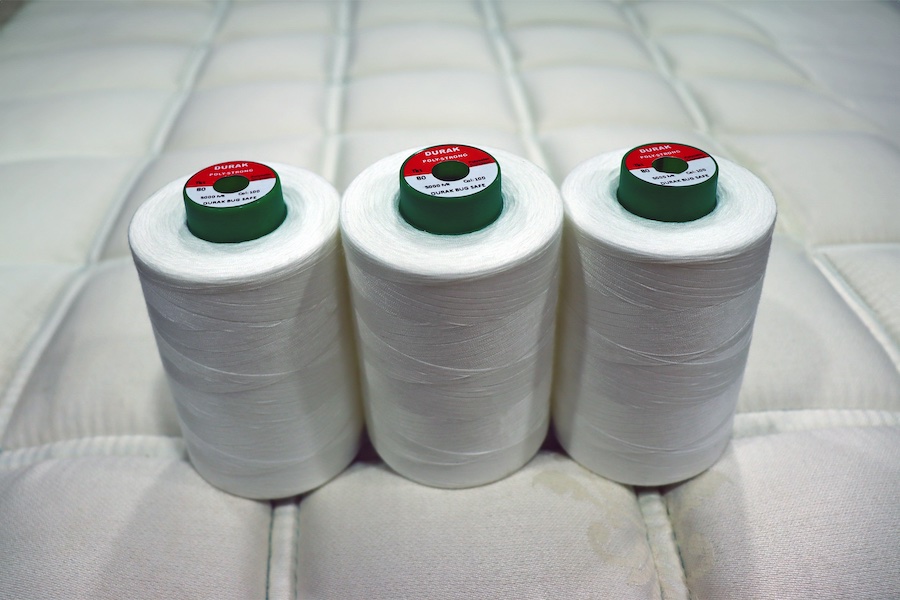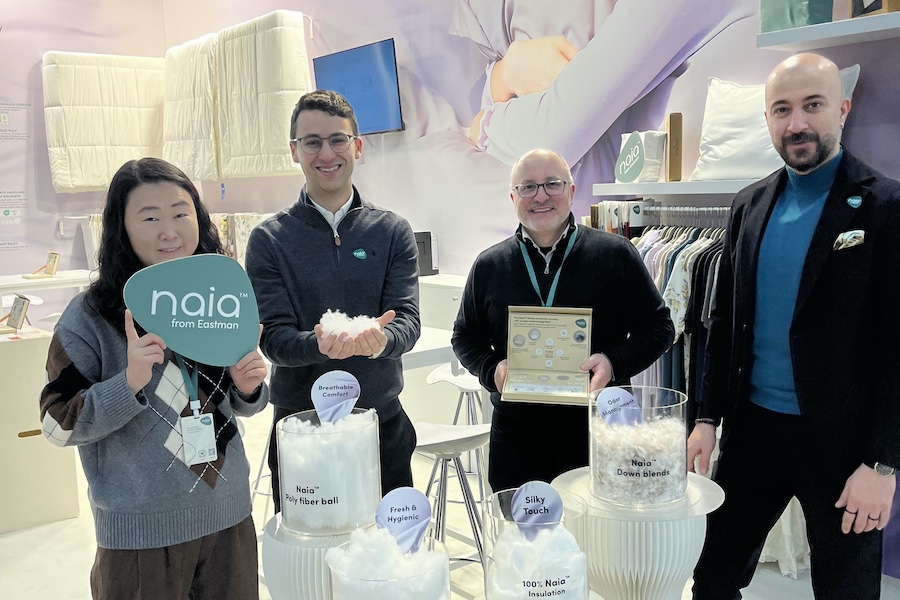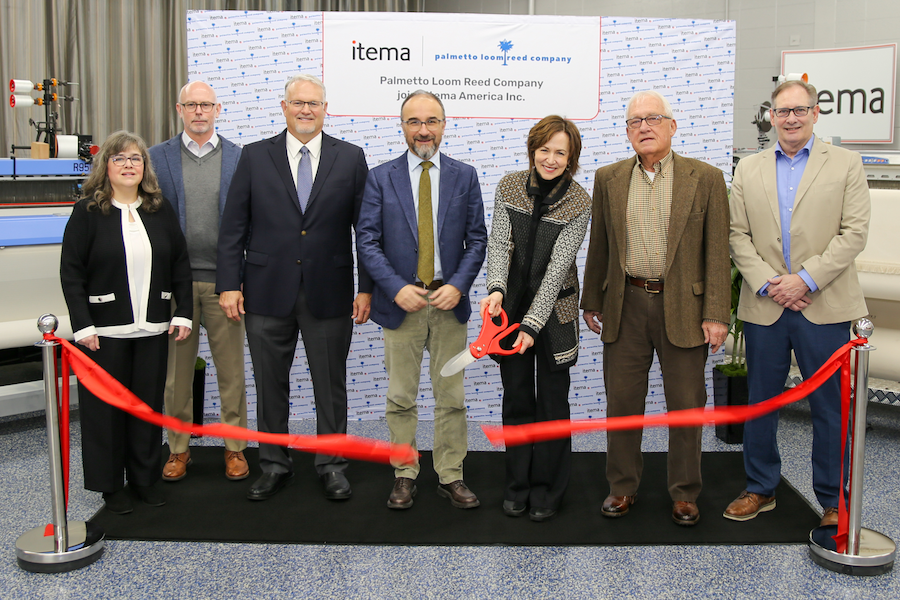#Yarn & Fiber
Solvay launches its first partially bio-based textile yarn
Bio Amni® is the latest edition to the Group’s sustainable textile fibers
The development of Bio Amni® follows the growing global trend in demand for more sustainable textile products, especially bio-based materials. Solvay's research and innovation teams worked on the creation of the product for two years.
"Sustainability is one of the main drivers of the global textile market,” says Antônio Leite, global vice president of polyamides and fibers at Solvay. “Solutions and products must add value to the entire consumer chain - from its base to end consumers of textiles - and have less of an impact on the environment. Solvay’s Bio Amni® is part of a portfolio evolution to offer customers the most innovative products on the market."
The textile sector currently faces three main challenges in relation to the environment and sustainability: resources, the production process, and disposal. Solvay already has developed sustainable alternatives in the production process, using cleaner energy sources, closed water circuits, and zero effluent emissions at its industrial unit in Brazil, as well as more biodegradable products to support more sustainable disposal. With Bio Amni®, Solvay is now offering its first partially bio-based textile yarn, further expanding on its diverse portfolio of sustainable products.
With the launch of Bio Amni®, sustainable textiles will now account for 30 percent of Solvay's global polyamide portfolio, a figure which the group expects to reach 50 percent in the next three years.
Bio Amni® is just the latest of Solvay's innovations for the global textile market. In 2020, as a quick response to COVID-19, the company launched Amni® Virus-Bac OFF, a functional polyamide that inhibits contamination between textiles and users, preventing the fabric transmitting viruses, including coronaviruses, and bacteria.
The company also created Amni Soul Eco®, the world's first biodegradable polyamide textile yarn, which facilitates the decomposition of textile articles in about three years after disposal in controlled landfills.

















